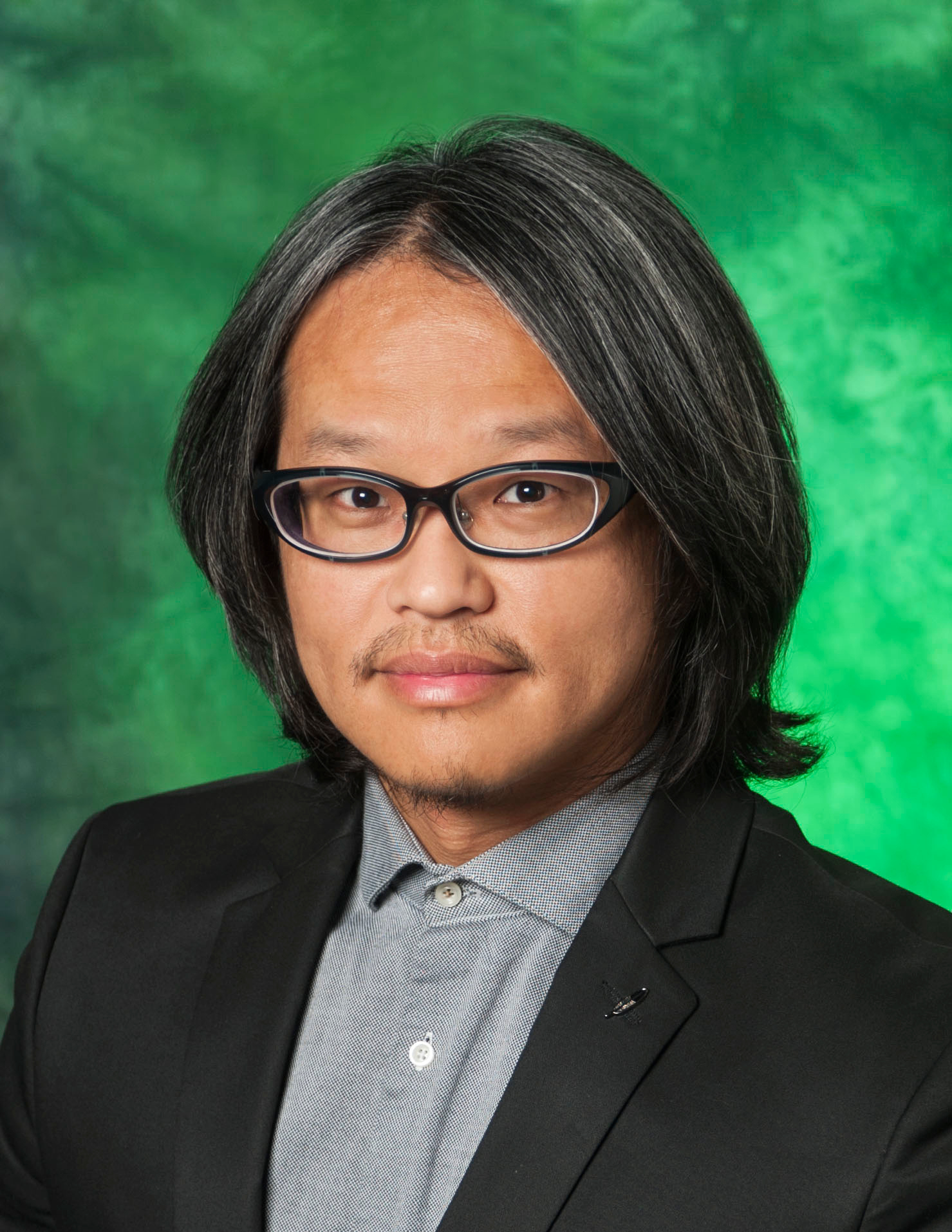COVID-19 protocols during hurricane evacuations at the center of NSF research grant
D ENTON (UNT), Texas — University of North Texas Emergency Management and Disaster Science associate professor Tristan Wu is studying evacuees and the emergency response from Hurricane Laura to create new protocols for emergency managers facing mass evacuations in the time of COVID-19.
ENTON (UNT), Texas — University of North Texas Emergency Management and Disaster Science associate professor Tristan Wu is studying evacuees and the emergency response from Hurricane Laura to create new protocols for emergency managers facing mass evacuations in the time of COVID-19.
Wu said he and his colleagues had the idea to study mass evacuations and COVID-19 in March, but funding wasn’t available. After Hurricane Laura hit Louisiana and Texas in August, they resubmitted the idea to the National Science Foundation and were awarded a Rapid Grant.
“During hurricane events, households usually evacuate together. Their evacuation behavior was solely due to the risk perception of the hurricanes,” Wu said. “This time around it’s very different with the COVID pandemic. They might not want to evacuate or they might evacuate separately because of COVID concerns. If they evacuated, they might be less likely to go to a hotel or an evacuation shelter. We also suspect people might spend less time in their evacuation destination and try to go back home sooner.”
The research will be primarily conducted through paper surveys and phone interviews with 4,800 households and several emergency managers in Galveston and Jefferson counties in Texas and Calcasieu and Vermilion parishes in Louisiana.
The household surveys ask about risk perception and decision-making in connection to Hurricane Laura, COVID-19 and Hurricane Delta, which hit Louisiana in October. Questions for emergency managers relate to how they set up shelters for social distancing, how messaging was sent, what COVID-19 protocols were followed and other questions about their processes and results.
They hope to receive enough responses by late 2020 to start analyzing the data for trends.
“One important thing is we will be able to compare what emergency managers and households have in mind during this evacuation,” Wu said. “This pandemic is still novel and we’ve never had this type of experience before, so we want to know how people actually respond to that. In the future, if a mass evacuation happens during a pandemic or even just an outbreak or flu season, we can use this to provide guidelines for emergency managers – maybe as soon as next year.”
Wu is the principal investigator on the project, working with Alex Greer from SUNY Albany, Lauren Clay from D’Youville College, Haley Murphy from Oklahoma State University and UNT EMDS master student Cassidy Boyle.
- Emergency Management and Disaster Science

